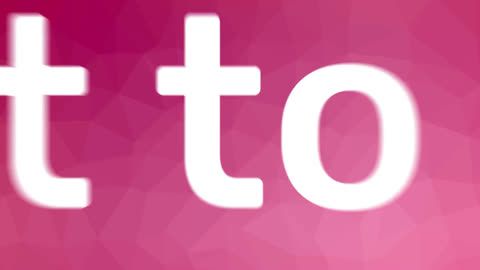Multifaceted and fast-evolving, modern healthcare encompasses a whole gamut of activities, taking a doctor’s focus beyond treating patients. Today, medical professionals also need to supervise administrative wings of their private clinics and hospitals.
With FinTech (financial software) and InTech (insurance software) becoming buzzwords in India, medical software is becoming increasingly popular as they provide innovative solutions by seamlessly integrating technology with healthcare. This software can help doctors:
- Increase their efficiency
- Reduce costs
- Save time
- Improve intra-department and patient communication
Game changer for practising medical professionals is that medical software helps them manage patient files and records and keep track of insurance claims and payment structures. Also, the entire array of HR functions—offering a technologically advanced solution without any complexity. Connected to laptops and smartphones and giving various degrees of access to in-house staff, dedicated medical software is a sure-shot way to increase efficiency and effectiveness while keeping the processes simple. By setting up a comprehensive system in place, they give doctors the information they require at the touch of a button.
Applications of medical software
With advanced medical software, the following healthcare-related tasks have become much more manageable:
1. General administration and management
Physically storing patient files, staff files, and salary payment slips along with bills related to inventory, equipment, and general clinic upkeep can not only be a cumbersome job. Still, they can also raise problems when it comes to finding the right document at the right time. Medical software enables paperless storage by having all the information on the cloud, which helps doctors and staff manage their time better by focusing on patients’ problems.
2. Patient history and record-keeping
Having information on patients' past treatment(s) and having instant access to their tests can make a huge difference in prescribing a patient’s current treatment and giving doctors a basis for analysis. Electronic record-keeping by medical software provides easy access to patient records and helps streamline processes. Medical software captures the diagnoses, suggested treatments and prescribed medication and allows doctors and surgeons to upload physical records, generating a unique ID number for each patient for ease of recordkeeping.
3. Patient insurance and billing
One of the biggest hurdles in clinic or hospital management is maintaining a patient’s billing information and insurance details. Physical files are not only easy to damage but also make access very difficult. Thus, medical billing software comes in handy. It can generate automatic invoices and store each patient's detailed insurance and billing information, thus expediting the pre-and post-treatment process.
4. Scheduling, booking and communicating appointments
A doctor’s daily schedule is highly variable; making physical notations of their surgery time, consultation time, and personal time can lead to disastrous consequences. Since clinics and hospitals need to ensure timely patient care and respect a patient’s appointment time, the right scheduling software allows doctors to block their time on the go. In case of delays, reception staff can view updates in real-time and send automatic messages to patients about the new appointment time. A centralised appointment booking software also restricts double booking and clerical errors.
Additional Read: Doctor loans - everything you wanted to know
5. Performance reports
Running a clinic or hospital is much like running a business. Without the right software, doctors and upper management don’t know the number of patients treated in a given period or the operational efficiency in lean/ peak times. The proper performance software helps generate efficiency reports that can help doctors and surgeons better understand the areas where their clinic can improve its competency.
6. Inventory management
If your hospital or clinic runs a pharmacy or medical retail store, you would know that physical bookkeeping is a mammoth task. It also becomes a problem to order or discard expired inventory, order medications and other paraphernalia. An inventory management software has multiple benefits. 1. Prevents stock pilferage 2. Improves internal stock management 3. Alerts staff on stock purchase and disposal 4. Increases transparency.









